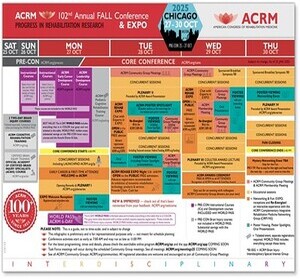Ralf Schuster, PhD, MEd, BPsychSc, CRC
Assistant Professor
Stephen F. Austin State University
Ralf Schuster is a researcher with a diverse portfolio spanning three primary domains: evidence-based practices in vocational rehabilitation, and the relationships among neurological disorders using big data. His work is rooted in a commitment to advancing knowledge through systematic analysis of large-scale archival and secondary data.
In vocational rehabilitation (VR), Schuster has focused on defining and categorizing evidence-based practices to address the field’s reliance on "best practices," which often lack empirical support. His efforts include publishing foundational studies, such as systematic reviews and meta-analyses, that evaluate the effectiveness of VR interventions. Contributions include:
A systematic review of vocational evaluation outcomes, highlighting the limited efficacy of current tools.
Development of a classification system for assessment instruments in VR and mental health counseling.
Tracing the historical timeline and adoption of evidence-based and related practices in VR.
Ongoing meta-analyses of VR services to identify effective interventions and inform policy decisions.
The second research area involves using big data to explore connections between neurological disorders. With a strong foundation in cognitive neuroscience, his aim to uncover insights through advanced statistical analyses of patient and population data.
Educational Background:
Bachelor of Science in Psychology, James Cook University.
Bachelor of Arts in Psychology, San Diego State University.
Master of Education in Rehabilitation Counseling, Auburn University.
PhD in Rehabilitation Counseling and Administration, Specialization in Clinical Counseling and Supervision, East Carolina University.
Current Affiliation:
Assistant Professor in Mental Health Counseling, Stephen F. Austin State University.
Ralf Schuster has demonstrated expertise in employing qualitative and quantitative methodologies to generate actionable findings that inform policy, improve clinical and educational practices, and ultimately enhance the lives of individuals with disabilities.
Poster(s):
-
Wednesday, October 29, 20259:45 AM - 10:00 AM

.jpg)
.jpg)
.jpg)
.jpg)
.jpg)
